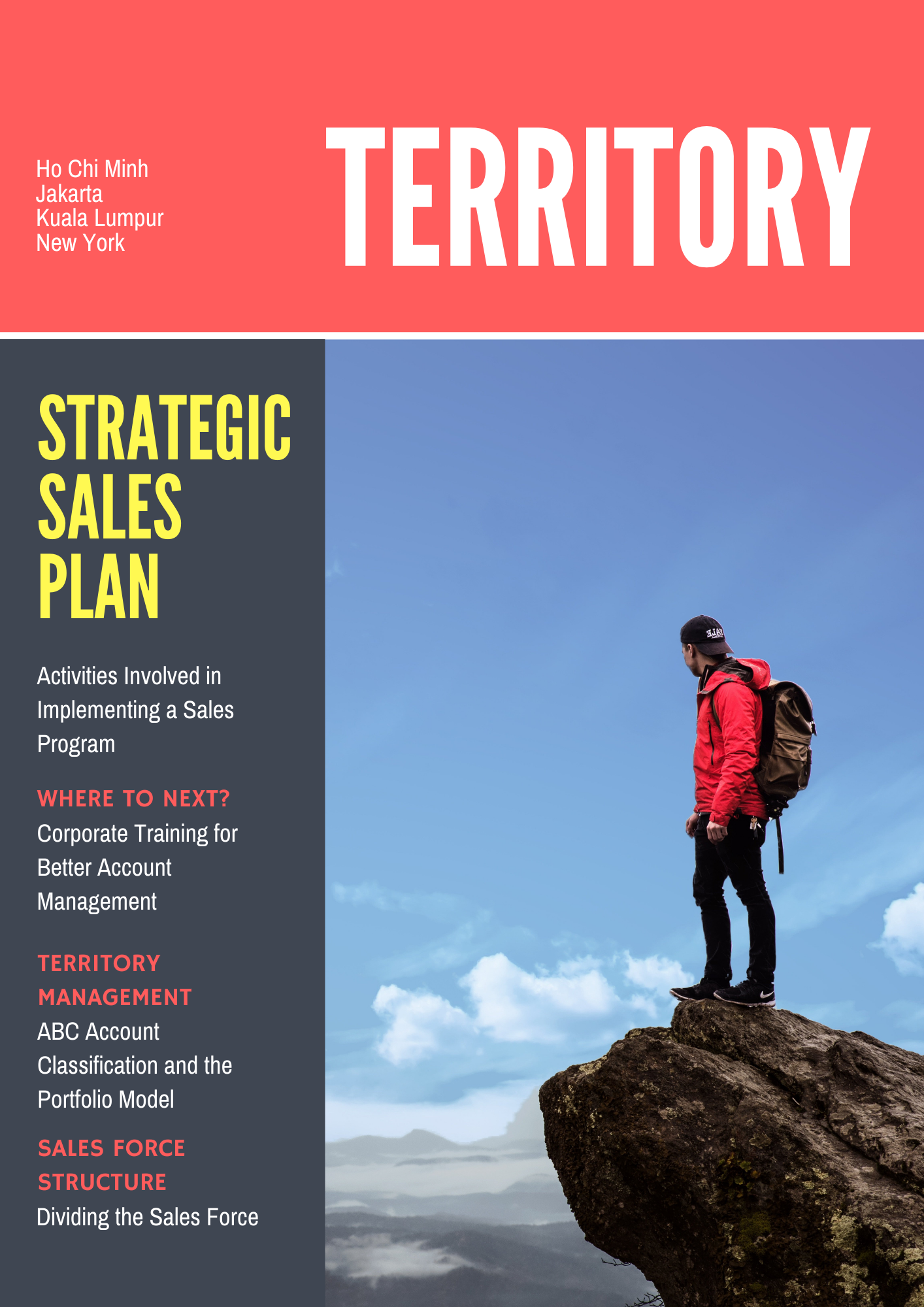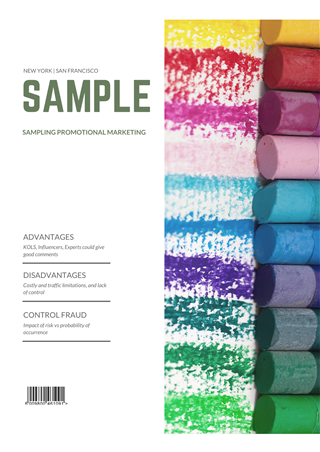How to Prepare, Understand and Use Budgets
Introduction
Budgeting is critical for managers and business leaders to drive financial success. This course covers key budgeting concepts, financial planning techniques, and decision-making strategies to enhance cost control, resource allocation, and profitability. Whether you are new to budgeting or seeking to refine your financial acumen, this hands-on program will empower you to interpret financial data confidently, communicate budget insights, and align financial plans with business objectives. Join us to strengthen your financial leadership and make data-driven decisions that support sustainable growth.
How you will benefit
- Defend the importance of linking an organization's budget with its strategic plan
- Demonstrate how the budget relates to the key financial statements: balance sheet, income statement, and cash flow
- Prepare the key elements of an operating and capital budget and evaluate the different budgeting approaches used
- Apply cost control tools, analyze management variance reports and take proper corrective action
- Calculate different capital budgeting evaluation techniques as included in a capital expenditure proposal
- Utilize cost-volume-profit analysis in making budgeting decisions
Who should attend
People from small and large organizations will benefit equally
What you will cover
- The critical functions of management
- Aligning the budget with the strategy of the organization
- Road map to strategy
- Budget as a planning tool
- Control: the missing link
- Planning pitfalls
- The accounting system
- The income statement
- The balance sheet
- The cash flow statement
- The advantages of budgeting
- The budget process
- Rolling budgets
- The master budget
- Operating and capital budgets
- The budgeted financial statements
- Approaches to budgeting:
- Incremental budgeting
- Zero based budgeting
- Flexible budgeting
- Kaizen budgeting and continuous improvement
- Activity based budgeting
- Tools of forecasting
- Direct and indirect costs
- Characteristics of an effective budget
- Problems in budgeting
- Budget as a control tool
- The control process
- Characteristics of an effective control system
- Responsibility reporting
- Variance analysis: identifying the components of variance
- Variance analysis: taking the corrective action
- Time value of money
- Simple versus compound interest
- Identifying and analyzing cash flows
- The discount rate: using cost of capital
- Net Present Value (NPV)
- Internal Rate of Return (IRR)
- Profitability Index (PI)
- Pay-Back Period (PBP)
- Accounting Rate of Return (ARR)
- Approval for Expenditure (AFE)
- Sensitivity and risk analysis
- Identifying the fixed costs and variable costs
- Computing breakeven point in units
- Computing breakeven point in sales
- Assumptions of CVP analysis
- Using CVP in budgeting decisions
Schedule
Live Online
$4,500
06 & 07 Jul 2026
Vancouver
$4,500
12 & 13 Jul 2026

Other courses
Loading...








